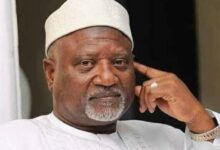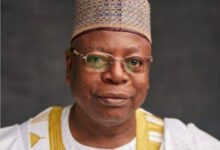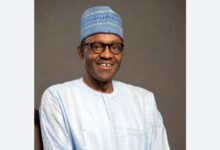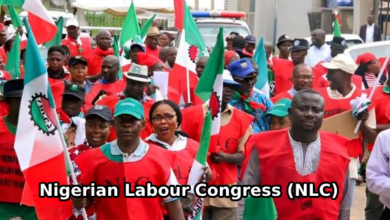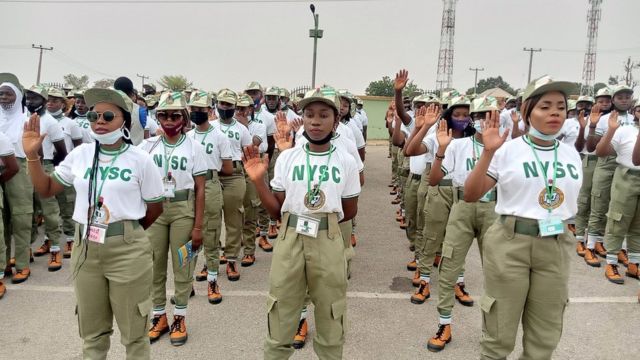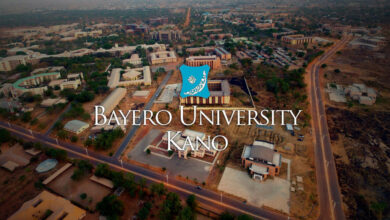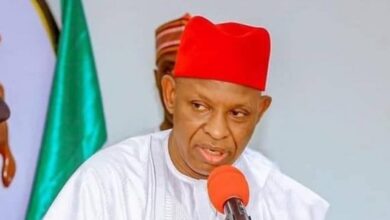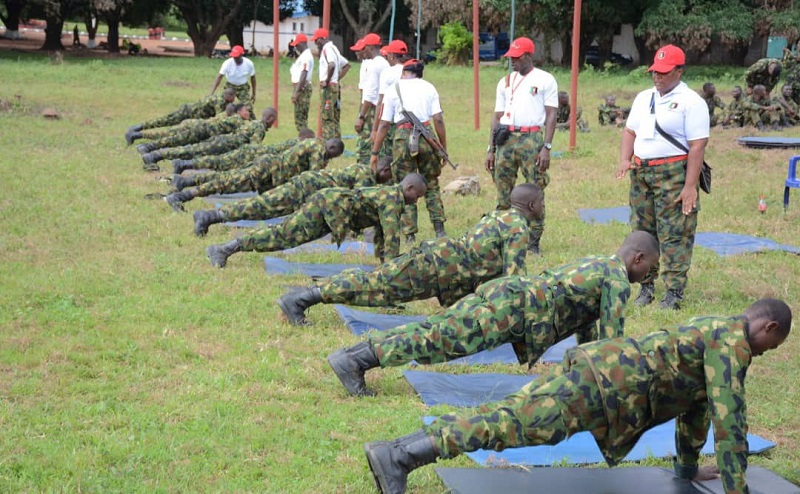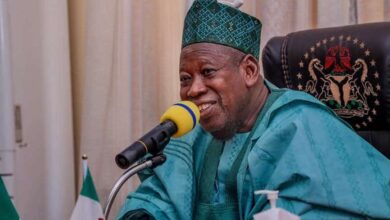Only People With Solid Background Will Be Appointed In The Three Critical Positions

Ahead of the ministerial appointment, these are three ministries that are informant to national security. President Bola Ahmed Tinubu will appoint high profile persons who have the solid background in security to lead these ministries.
- Defence Ministry oversees armed forces of Nigeria
- Police Affairs Ministry oversees the Nigerian police
- Interior Ministry oversees NCDC, Immigration, Fire Service& Prison Service
The Nigerian Ministry of Defence is an important government institution responsible for the formulation and implementation of defence policies and strategies in Nigeria. Its primary mandate is to protect the sovereignty, territorial integrity, and national interests of Nigeria.
The history of the Nigerian Ministry of Defence can be traced back to the pre-independence era. Prior to Nigeria’s independence in 1960, defence matters were handled by the British colonial authorities. However, with the attainment of independence, Nigeria established its own defence institutions.
In 1961, the Nigerian Defence Council was created as the highest decision-making body on defence matters. This council comprised the Prime Minister, the Minister of Defence, and the service chiefs. The council provided strategic guidance and oversight for the defence sector.
In 1963, Nigeria became a republic, and the Ministry of Defence was officially established. The ministry was responsible for coordinating and supervising the activities of the Nigerian Army, Nigerian Navy, and Nigerian Air Force. It also oversaw the defence budget, procurement of military equipment, and the welfare of the armed forces.
Over the years, the Ministry of Defence played a crucial role in Nigeria’s military operations and peacekeeping efforts both domestically and internationally. It provided support during the Nigerian Civil War (1967-1970), participated in peacekeeping missions in various countries, and responded to internal security challenges.
In 1999, Nigeria returned to democratic governance after a period of military rule. This transition had an impact on the Ministry of Defence as civilian authorities assumed control over defence matters. The ministry continued to evolve and adapt to the changing security landscape in Nigeria.
In recent years, the Nigerian Ministry of Defence has faced numerous challenges, including insurgency, terrorism, and internal security threats. It has been actively involved in counter-terrorism operations against Boko Haram in the northeastern part of the country. The ministry has also been engaged in addressing issues such as maritime security, border control, and inter-agency collaboration.
To enhance efficiency and effectiveness, the ministry has embarked on various reforms and modernization initiatives. This includes capacity building, equipment upgrades, and collaboration with international partners for training and technical support.
Overall, the Nigerian Ministry of Defence has played a critical role in safeguarding Nigeria’s security and defending its interests. It continues to evolve to meet the changing security dynamics and ensure the nation’s defence capabilities are in line with modern challenges.
The Ministry of Police Affairs is a government department responsible for overseeing and coordinating police activities in Nigeria. While it is important to note that as of my knowledge cutoff in September 2021, there is no specific ministry dedicated solely to police affairs in Nigeria. However, I can provide a brief overview of the historical context of police affairs in Nigeria.
The Nigeria Police Force (NPF) was established in 1820 during the colonial era when the British ruled the country. The primary objective of the police force at the time was to maintain law and order and protect the interests of the colonial government. After Nigeria gained independence in 1960, the Nigeria Police Force continued to function as the national law enforcement agency.
Over the years, there have been several reorganizations and reforms within the police force in response to changing societal needs and challenges. In 1986, during the military regime of General Ibrahim Babangida, the Ministry of Internal Affairs was created to oversee police affairs as part of the broader mandate of managing internal security in the country. This ministry was responsible for the administration, funding, and overall coordination of the police force.
In 1999, Nigeria transitioned to democracy, and with the return of civilian rule, there were calls for police reforms to address issues such as corruption, abuse of power, and lack of professionalism within the force. As part of these reform efforts, the Ministry of Police Affairs was established to specifically focus on the needs and concerns of the police force.
Since its establishment, the Ministry of Police Affairs has played a crucial role in formulating policies, providing oversight, and ensuring the efficient functioning of the Nigeria Police Force. Its responsibilities include recruitment and training of police officers, budgetary allocations, equipment procurement, and the overall welfare of police personnel.
The Ministry of Interior, also known as the Interior Ministry, is a governmental department responsible for various internal affairs and security matters within a country. Its primary objective is to maintain law and order, ensure public safety, and protect national security. While the specific roles and responsibilities of the Interior Ministry may vary from country to country, I can provide you with a brief history of the concept and evolution of Interior Ministries in general.
The establishment of Interior Ministries can be traced back to the early modern period, when nation-states began to centralize their governance structures. The need for a dedicated ministry to oversee internal affairs arose as societies became more complex, and the state’s functions expanded beyond military matters.
During the 18th and 19th centuries, several European countries, such as France and Prussia, established Interior Ministries to address internal security challenges, manage law enforcement, and administer civil affairs. These ministries played a crucial role in consolidating state power, maintaining social control, and implementing policies related to public administration, justice, and domestic governance.
As the world entered the 20th century, the functions and responsibilities of Interior Ministries continued to evolve. They adapted to address emerging issues like urbanization, industrialization, immigration, and the increasing complexity of modern societies. Interior Ministries became key institutions for managing population movements, regulating labor relations, coordinating disaster response, and combating organized crime.
Throughout history, the scope of Interior Ministries expanded further to include areas like immigration and border control, national identification systems, intelligence gathering, and counterterrorism efforts. Their role became even more prominent during times of war, crisis, or political unrest, as they often played a crucial role in maintaining stability and safeguarding national interests.
In many countries today, the Ministry of Interior remains an essential component of the government structure. Its responsibilities can include overseeing the police force, managing civil registration and documentation, administering elections, coordinating emergency response, and implementing policies related to homeland security, public safety, and domestic governance.
It’s important to note that the specific structure and organization of Interior Ministries vary across countries. Some nations may have a single centralized ministry, while others may have regional or local branches to address specific needs. Additionally, the name of the ministry may differ, with variations such as the Ministry of Home Affairs or the Department of the Interior, depending on the country.
